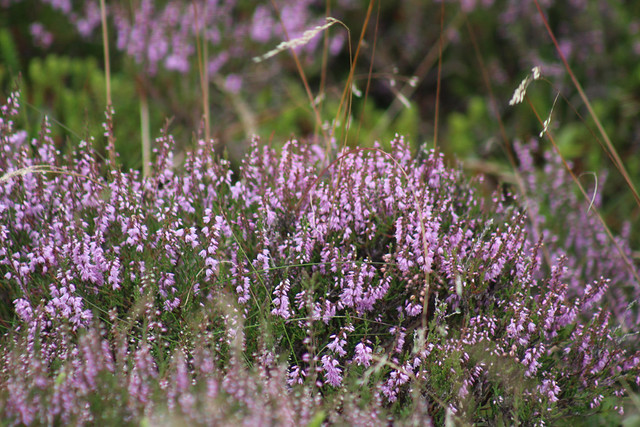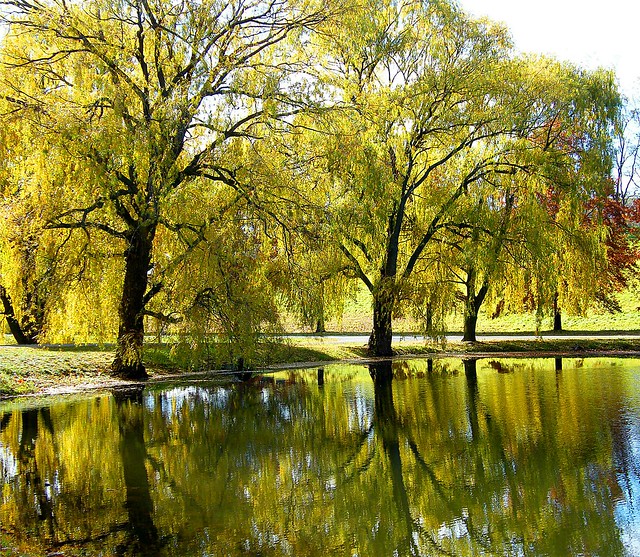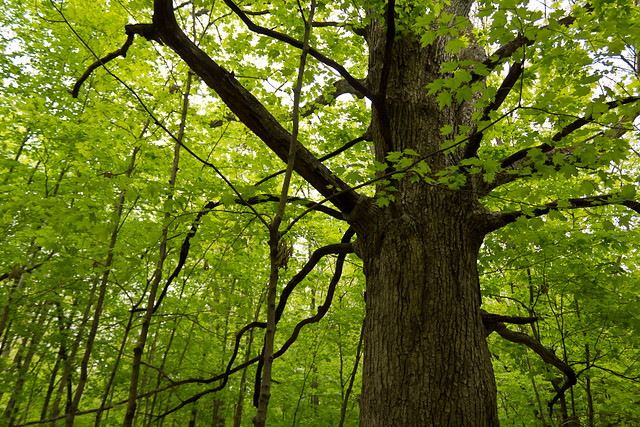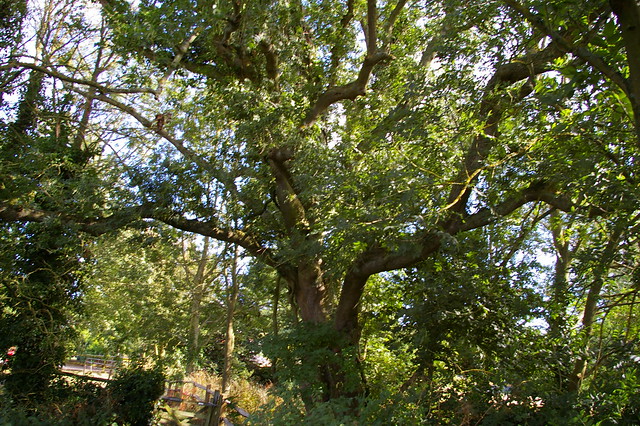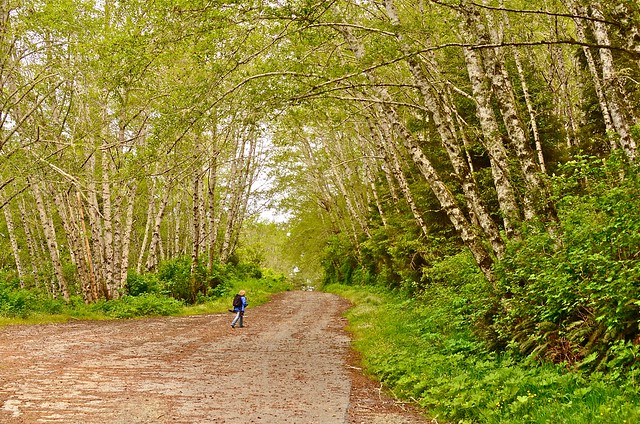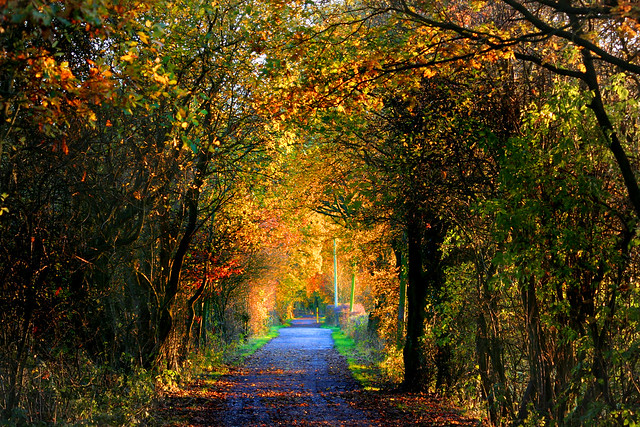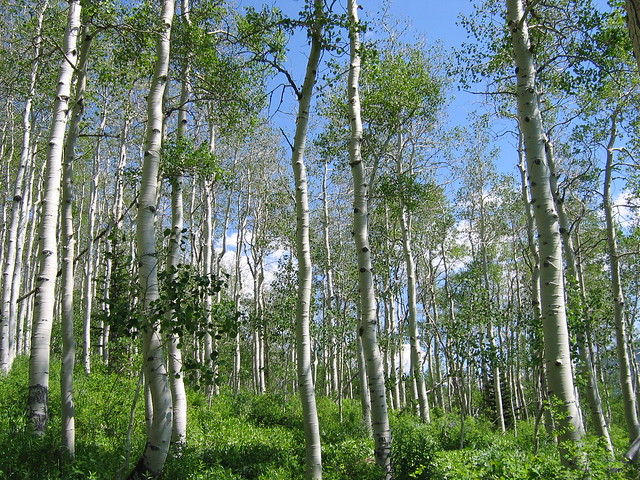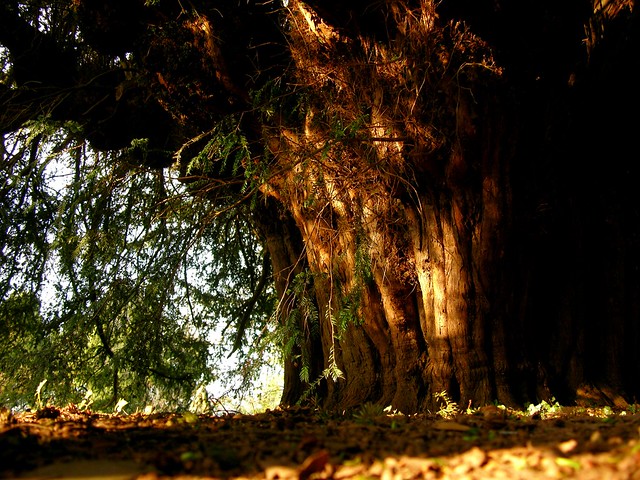Today we’re looking at the words for heather and related things in Celtic languages.
Words marked with a * are reconstructions.
| Proto-Celtic | *wroikos = heather |
|---|---|
| Gaulish | *wroika = heather |
| Celtiberian | *broikios = heather |
| Old Irish (Goídelc) | froích, fróech = heather |
| Middle Irish (Gaoidhealg) | fráech = heather |
| Irish (Gaeilge) | fraoch [fˠɾˠeːx / fˠɾˠiːx / fˠɾˠiːx] = heather, heath, moor fraochán = bilberry, whortleberry, ring-ouzel fraochlach = heath fraochmhá = heath fraochmhar = heathery fraoch bán = white heather fraoch coitianta = Scotch heather, ling píobaire fraoch = grasshopper |
| Scottish Gaelic (Gàidhlig) | fraoch [frɯːx] = heather, ling fraoch-geal = white common heather (Calluna vulgaris alba fraoch-bheinn = heather-covered mountain fraochan = whortleberry, blaeberry, lingonberry, cranberry fraochach = heathy, heathery |
| Manx (Gaelg) | freoagh = heather, ling, heath freoagh bane = brier, white heather freoagh marrey = sea fern freoagh mooar = Scotch heather |
| Proto-Brythonic | *gwrʉg [ˈɡwrʉːɡ] = heather |
| Middle Welsh (Kymraec) | gruc, gerug, gwrug = heather |
| Welsh (Cymraeg) | grug [ɡrɨːɡ / ɡriːɡ] = heather, ling heath grug cyffredin = heather, ling, common heath, Calluna vulgaris grugiar = (red) grouse, willow grouse, heath-hen gruglus = heath-berries gruglwyn = bush of heather, sweet broom grugnythu = to nest or nestle in the heather grugog = heath-covered, heathery, abounding in heather |
| Cornish (Kernwek) | grug [ɡryːɡ / ɡriːɡ] = heath, heather, ling grugyar = partridge |
| Middle Breton | groegan = heather |
| Breton (Brezhoneg) | brug [bryːk] = heather brugek [ˈbryː.ɡɛk] = (a place) abundant in heather, covered with heather |
Etymology unknown, possibly from a non-Proto-Indo-European root [source].
Words from the same Proto-Celtic roots, via Gaulish *wroikos (heather), and Latin *brūcus (heather) or Vulgar Latin *broccius, include brezo (heath) in Spanish, breixo (heather) in Galician, brugo (heather) and brughiera (heath, moor) in Italian, bruc (heather) and bruguera (heath) in Catalan, and bruyère (heather, heath, brier) in French [source].
Eilean Fraoch (Heather Isle) is a nickname for the Isle of Lewis / Eilean Leòdhais in the Western Isles / Na h-Eileanan Siar. Here’s a song about it:
Sources: Wiktionary, Am Faclair Beag, Online Manx Dictionary, Teanglann.ie, eDIL – Electronic Dictionary of the Irish Language, In Dúil Bélrai English – Old Irish glossary, Geiriadur Prifysgol Cymru, Gerlyver Kernewek, Gerlyvyr Cernewec, Dictionaire Favereau, TermOfis, Le dictionnaire diachronique du breton, Geriafurch, English – ProtoCeltic WordList (PDF), Etymological Dictionary Of Proto Celtic
